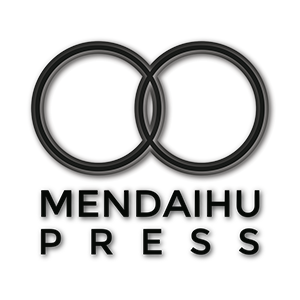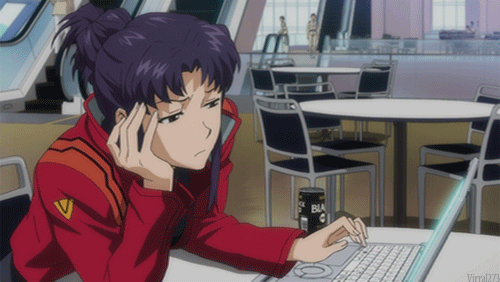So some AI-leaning techbro this week posted something on social media about artists, writers, musicians, etc., having the unfair advantage of “creative privilege” because they allegedly came to their craft with some gods-given blessing, and it’s unfair that the rest of the non-creative world has to actually, y’know, work at it, and it’s all unfair that we creatives have that advantage.
Or something like that. Either way, he’s currently getting roasted in response.
I’ll be honest, my first reaction to this complaint was that it kind of reminded me of high school. It reminded me of being a non-sports kid in a school where most extracurricular funding went to the boys’ football team, no teacher wanted be an advisor for school plays so there weren’t any, and the funding and printing for the school newspaper got pulled the year before. So me, my friends Kevin and Kris, and a few others, decided to use our creative privilege to edit and put it out ourselves, using Pagemaker on the school’s Mac and the gracious help of the printing class teacher who ran a few hundred copies off on printer paper and collated them for free. We used our creative privilege by figuring out a workaround and doing most of the work ourselves. Sort of self-publishing it, in a way. And it was a success! We kept it going the entire year on a consistent basis, got several other students to write articles, and kept it alive when no one else bothered.
If there’s such a thing as creative privilege, it’s the ability to move past roadblocks and obstacles. There’s no One Right Way or One Weird Trick They Don’t Want You To Know to do it either, because it’s different for everyone. It’s what works for you, and it’s most definitely not just about finding shortcuts, either. Running a complicated algorithm that essentially mashes up other people’s creative works and then slapping your own name on it is a shortcut, and a dishonest one at that. Figuring out your own style and voice takes hard mental and emotional work, and you need to put in that work, because those who see the end result can definitely tell the difference.
A good example: remember those music mashups of the early 00s? Some of them were amusing and entertaining, and I have a collection of them in my music library. But there’s a big difference between what’s known as the “A + B” mashup (one song over the other with minimal separation or creativity) and the actual DJ mixing (seamlessly sliding one song’s separated vocal lines onto the instrumental of another song). This so-called “AI art” and “AI writing” is, for the most part, the former. And it’s not artificial intelligence, despite the label it’s been given. The computer is merely running software and mashing up different parts the user chose, that’s all; any ‘mixing’ is also the computer doing a bit of barebones touch-up. And yes, you can definitely tell the difference.
So my answer? Sure! I’ve got creative privilege, and I’m proud of it because I worked hard for years at it! I may not be raking in the money and the prestige, but I’m still getting the occasional ebook sale and that’s pretty damn cool in itself. That’s all I’ve really wanted.
And I’m sure you can make it happen as well. You just need to do more than run an algorithm, have the computer do the mashup work, and say ‘there, it’s done’.











